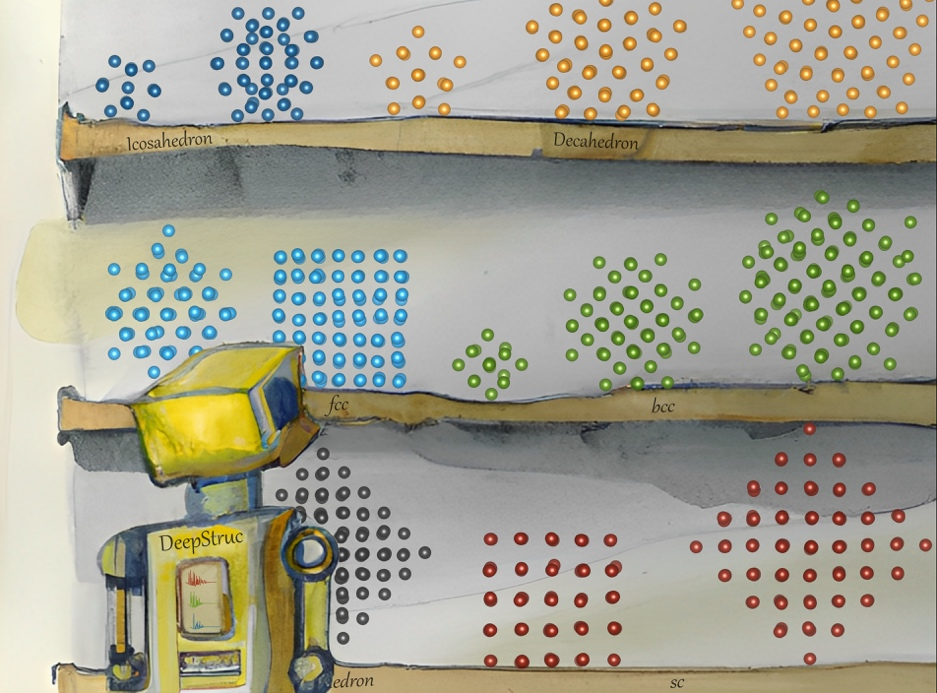Talk #D4.07
24.05.2024, 15:00 – 15:30
Machine learning for analysis of experimental scattering data in materials chemistry
The rapid growth of materials chemistry data, driven by advancements in large-scale radiation facilities as well as laboratory instruments, has outpaced conventional data analysis and modelling methods, which can require enormous manual effort. To address this bottleneck, supervised machine learning (ML) models are frequently trained on large datasets of physics-based simulations with the aim of being applied for experimental scattering data analysis [1]. I will demonstrate how we have used supervised ML to identify structural models from experimental scattering data.
ML models trained on simulated data often struggle to perform on experimental data from structures not present in the training database. Here, generative ML can be used by learning the underlying distribution of the data. I will discuss how we use generative ML to solve mono-metallic nanoparticles given pair distribution function data previously unseen by the model [2].

Figure 1.
- Andy S. Anker, Keith T. Butler, Raghavendra Selvan, Kirsten M. Ø. Jensen, Chemical Science 2024, 48, 14003–14019.
- Emil T. S. Kjær, Andy S. Anker, Marcus N. Weng, Simon J. L. Billinge, Raghavendra Selvan, Kirsten M. Ø. Jensen, Digital Discovery 2023, 1, 69–80.

Andy S. Anker
- Department of Energy, Danish Technical University, Denmark
- Department of Chemistry, University of Oxford, England